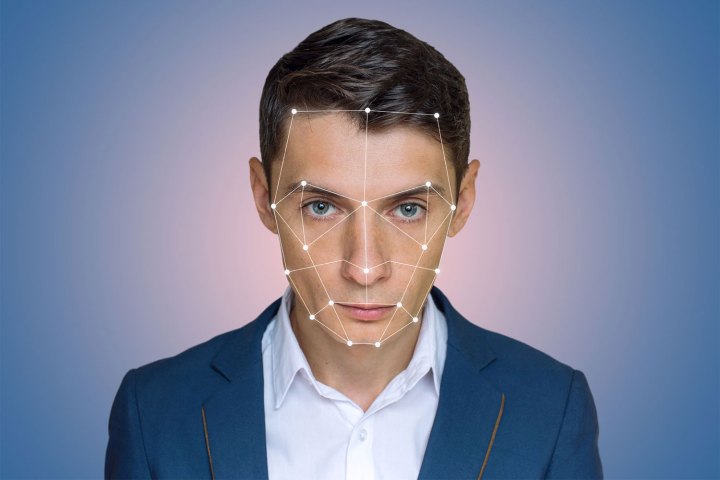
The nation’s Department of Immigration and Border Protection is aiming to do away with the need for passports at its international airports by introducing systems for biometric recognition of the face, iris and/or fingerprints, the Sydney Morning Herald (SMH) reported.
International arrivals could speed through airside without ever interacting with a human official as the new technology – part of the government’s high-tech Seamless Traveler initiative aimed at transforming the border experience – will eradicate the need for passport checks and passenger cards. Besides making the arrival experience more efficient, officials also believe the system will be better at identifying passengers on watch lists.
While a number of airports have for several years been using so-called smart gates that prompt travelers to scan their passports upon arrival, the new system, which the government wants in place within the next three years, goes much further.
The authorities plan to trial the new technology at Canberra airport from July before taking it to a busier airport, such as Sydney and Melbourne, for further testing in November. However, it’s admitted that it’s yet to decide on the specific system it wants to use, and is inviting tenderers to come up with innovative solutions.
John Coyne, head of border security at the Australian Strategic Policy Institute, told the SMH the plan is to “streamline” the arrivals process so international travelers will be able to “literally just walk out like at a domestic airport,” adding that the system “could be a world first.”
Of course, while the idea of getting through immigration more quickly is sure to appeal to any tired airline passenger coming off a long flight, it’s worth keeping in mind that the new system may just mean you spend more time waiting for your baggage to show up on the carousel.
Oh, and you’ll still need your passport for when you return to your home country, so do try to remember which pocket you leave it in.
Editors' Recommendations
- Facial recognition tech for bears aims to keep humans safe
- Federal bill would ban corporate facial recognition without consent
- Facebook ordered to pay $650 million in facial recognition lawsuit
- ACLU files complaint against Detroit police for false facial recognition arrest
- Microsoft won’t sell facial recognition technology to police


